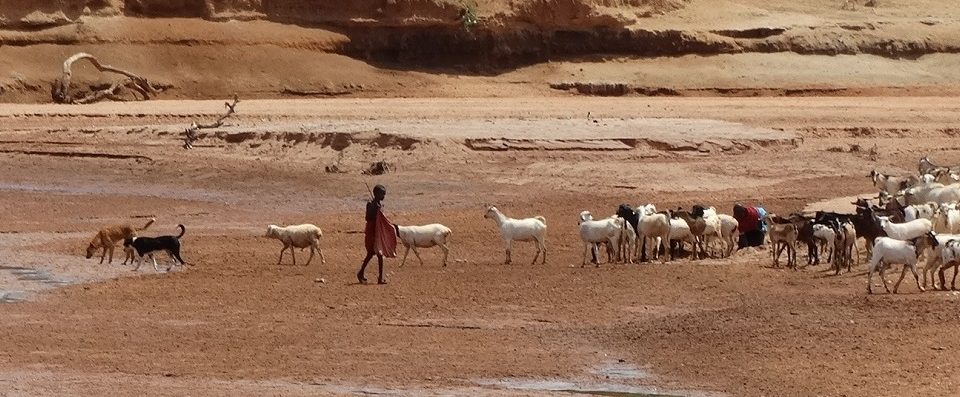Arid wetlands are vital water stores in otherwise uninhabitable landscapes. They help strengthen the capacity of local people to survive droughts and fight desertification. A changing climate and lower river flows due to upstream diversions is putting these wetlands and the communities they support at risk. We improve resilience to disasters by protecting and rehabilitating the wetland ecosystems on which people depend.
Climate change poses serious threats to the Eastern Africa region. It is expected to exacerbate existing
risks such as water stress and food security. Climate models predict a temperature increase of 3 – 4
degrees centigrade as well as changes in rainfall patterns across Africa resulting in increases in drought
and flood events and an intensification of natural variabilities. A rise in sea level represents a threat to
the region through salt water intrusion and coastal erosion (Nassef et al., 2009). Future warming is
likely to be the greatest in the semi-arid regions and is expected to contribute to increased vulnerability
of populations.
Ecosystem-based approaches are therefore important because they involve a range of ecosystem
management activities to reduce the vulnerability to climate change, reduce physical exposure to
hazards and increase the socio-economic resilience of people and communities by sustaining local
livelihoods and providing essential goods such as food and water. Such approaches include IWRM and
sustainable wetlands management interventions. Well managed wetlands and other ecosystems act as
natural infrastructure.

